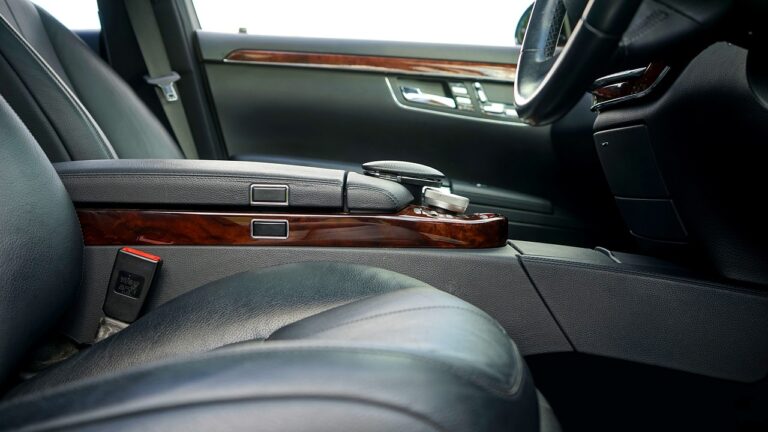Connected Cars: The Role of IoT in Modern Vehicles
When reflecting on the progression of automotive technology, it becomes evident that innovation has greatly shaped the present landscape of the automotive industry. From the invention of the internal combustion engine to the development of electric and hybrid vehicles, the transformation has been remarkable. Advancements in safety features, such as airbags and antilock brakes, have significantly enhanced driver and passenger protection, while navigation systems and infotainment have revolutionized the driving experience.
Moreover, the integration of smart technology, like autonomous driving capabilities and connectivity features, has paved the way for a more interactive and efficient driving experience. With the evolution of automotive technology continuing at a rapid pace, the future holds promise for further breakthroughs that will not only redefine transportation but also contribute to a safer and more sustainable environment.
The Impact of IoT on Vehicle Connectivity
The integration of IoT technology in vehicles has revolutionized the way we connect with our cars. Through IoT, vehicles can now communicate with each other, with infrastructure, and with external devices, enhancing safety and efficiency on the roads. This connectivity allows for real-time monitoring and data collection, providing invaluable insights for both drivers and manufacturers.
Moreover, IoT has paved the way for advanced features like remote diagnostics, predictive maintenance, and over-the-air updates. By continuously gathering and analyzing data, vehicles can preemptively detect issues, schedule maintenance, and even self-update their software, ensuring optimal performance at all times. As IoT continues to evolve, the possibilities for vehicle connectivity are endless, promising a future where cars are not just modes of transportation but intelligent partners on the road.
What is the significance of vehicle connectivity in the automotive industry?
Vehicle connectivity allows for real-time data exchange between vehicles and external systems, leading to improved safety, efficiency, and overall driving experience.
How has IoT technology revolutionized vehicle connectivity?
IoT technology enables seamless communication between vehicles, infrastructure, and other devices, enhancing features such as autonomous driving, predictive maintenance, and remote monitoring.
What are some of the key benefits of IoT-enabled vehicle connectivity?
Some key benefits include enhanced driver safety, optimized traffic flow, reduced emissions, improved fuel efficiency, and advanced vehicle diagnostics.
How does vehicle connectivity impact the future of transportation?
Vehicle connectivity is expected to drive the development of smart transportation systems, paving the way for autonomous vehicles, shared mobility services, and a more connected and sustainable transportation ecosystem.
What are some challenges associated with the integration of IoT in vehicles?
Some challenges include data security and privacy concerns, interoperability issues, infrastructure limitations, and the need for regulatory frameworks to govern the use of IoT technologies in vehicles.





